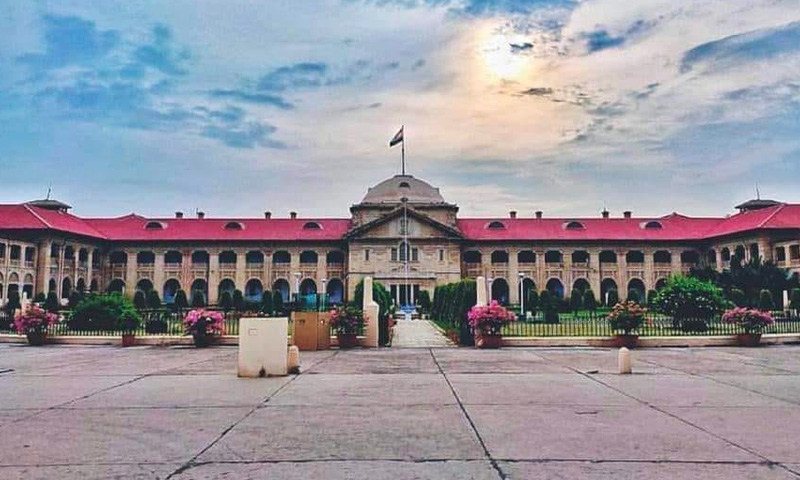The Enemy Property Act was enacted for the administration of enemy property seized during the wars under the Defense of India Rules 1962 and Defense…
Setting aside Summoning orders under Section 319 of the Criminal Procedure Code Note – In the article, Criminal Procedure Code 1973 and CrPC are used…
Prerogative Writs can be issued under Article 32 of the Constitution of India by the Supreme Court of India and under Article 226 of the…

The Central Government and State Governments are free to enter into contracts with private entities and individuals. Article 298 of the Constitution of India provides…

Suspension means the action of debarring, for the time being, from a function or privilege or temporary deprivation of working in the office. It is…

Employees Provident Fund and Miscellaneous Provisions Act 1952 is benign legislation meant for the welfare of the employees of organizations that fall under the purview…
The question that will be answered in this article is whether the criminal proceedings against the husband can be quashed if a settlement agreement has…
An appeal against acquittal in a criminal trial is filed before the High Court under Section 378 of the Criminal Procedure Code 1973. In this…
Does Appellate Court have the power to admit evidence? Section 107 of the Civil Procedure Code 1908 provides for powers of the appellate courts. The…
Order VII Rule 11 of the Civil Procedure Code provides for rejection of plaint, and the grounds on which a plaint can be rejected. The…
In a recent case, the impugned orders that canceled the license of the Fair Price Shop were challenged by means of filing a writ petition…
The recruitment of the dependants of the Government Servants dying in harness is regulated by U.P. Recruitment of Dependents of Government Servants Dying in Harness…
The Commercial Courts Act, 2015 was enacted to provide for the Constitution of Commercial Courts, Commercial Division in the Hon’ble High Court and their respective…
Under Article 226 of the Constitution of India, the High Court is empowered to issue Writs namely, Habeas Corpus, Mandamus, Certiorari, Quo warranto, and Prohibition.…
The Contempt of Courts Act, 1971 was enacted to define and limit the powers of certain courts in punishing contemptof courts and to regulate their…
The principles of natural justice developed over a period of time, and have become quintessential for the working of an efficient judiciary. These principles as…
Whether Sanction for prosecution under Section 19 of Prevention of Corruption Act is mandatory at the time of taking the cognizance of an offence allegedly…
The Assistant Registrar, Firms, Chits, and Societies has no authority or jurisdiction to set aside the election of the office-bearers of any society, however, in…

What is writ of Habeas Corpus? Habeas Corpus is a writ to assert personal liberty. The word Habeas Corpus means “that you have the…
What is the writ of quo-warranto and when it is issued by the Hon’ble High Court? Quo-warranto means “by what authority”. Quo-warranto proceeding affords judicial…

